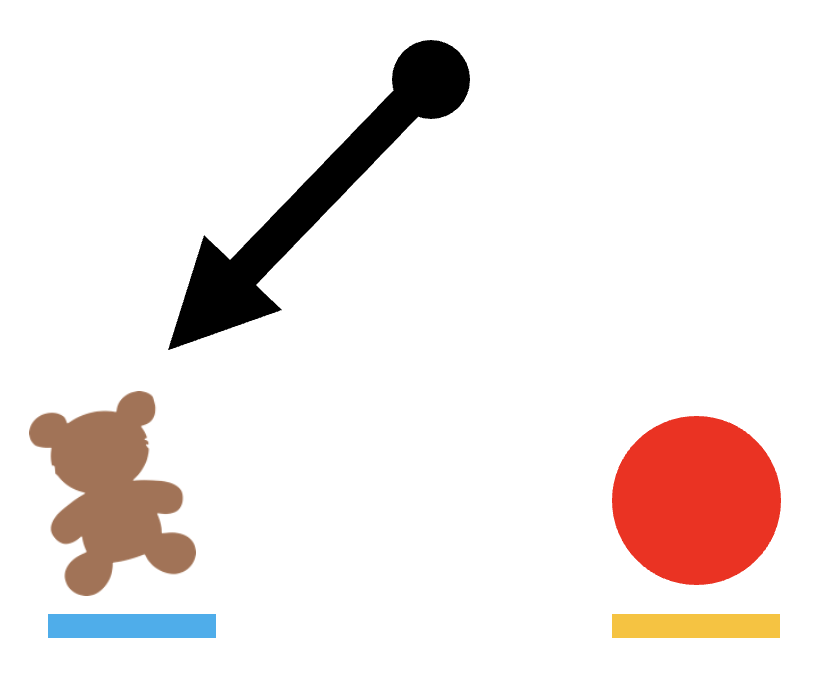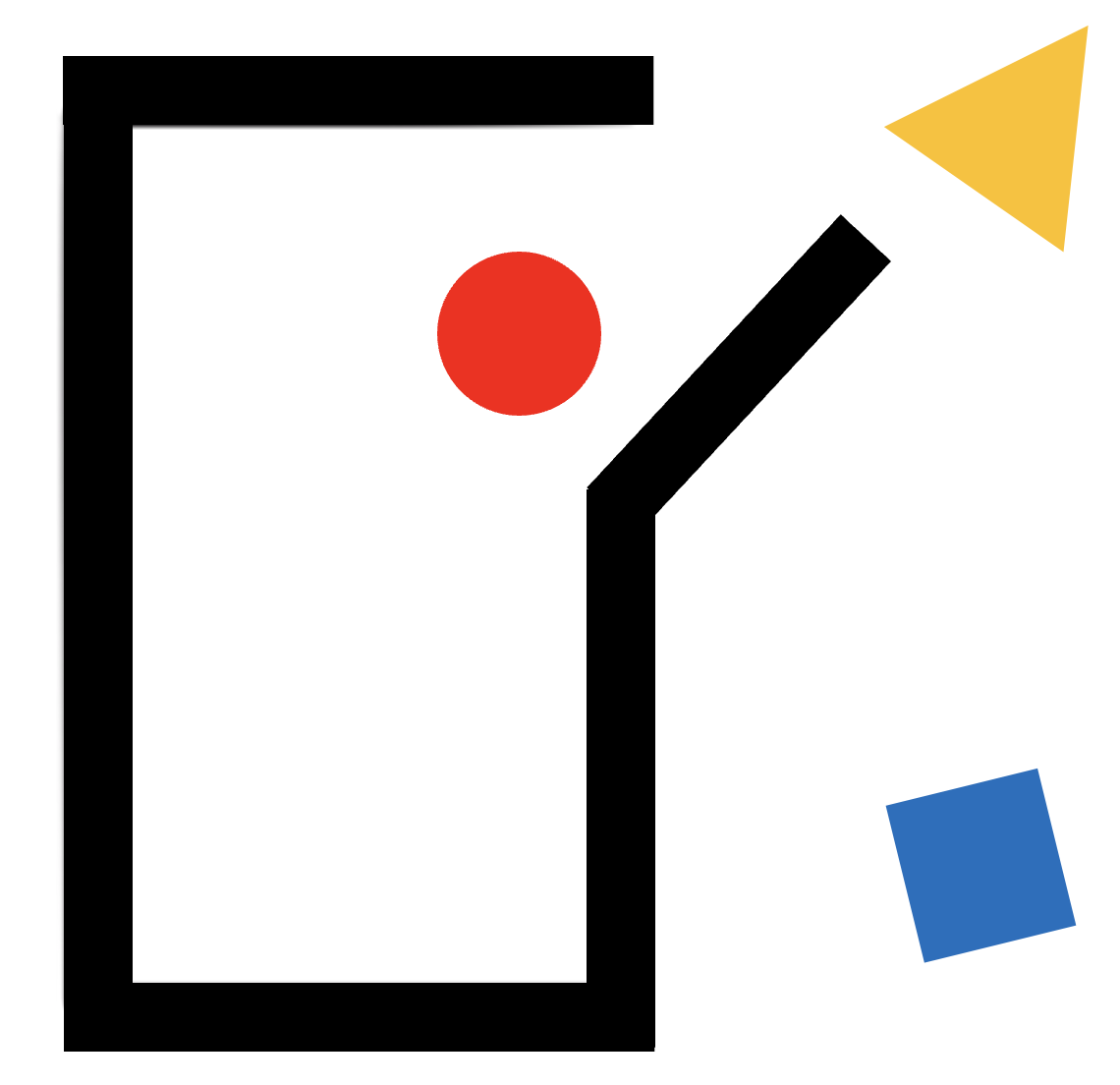What do infants and toddlers understand about others' mental states?
To navigate the world, one needs to represent others’ mental states: others' goals, knowledge, beliefs, and experiences. What are the origins of our mental state understanding, and how does this understanding develop? In one line of research, I've tackled these questions by studying infants' capacities for goal understanding.
Within cognitive science, many have theorized that first-person experience acting on one’s own goals leads humans to understand others’ goals. Contrary to such theories, my research has revealed that 3-month-old infants, who cannot yet reach for objects effectively, can learn to attribute either object goals or spatial goals to other people (Woo et al., 2024, Developmental Science; Woo et al., 2021, CogSci Proceedings). In ongoing research, I’ve been exploring the depth, breadth, and limit of infants’ and toddlers’ abilities to reason about others’ minds (see Woo et al., 2024, Cognition.)

